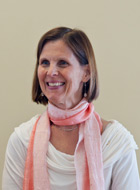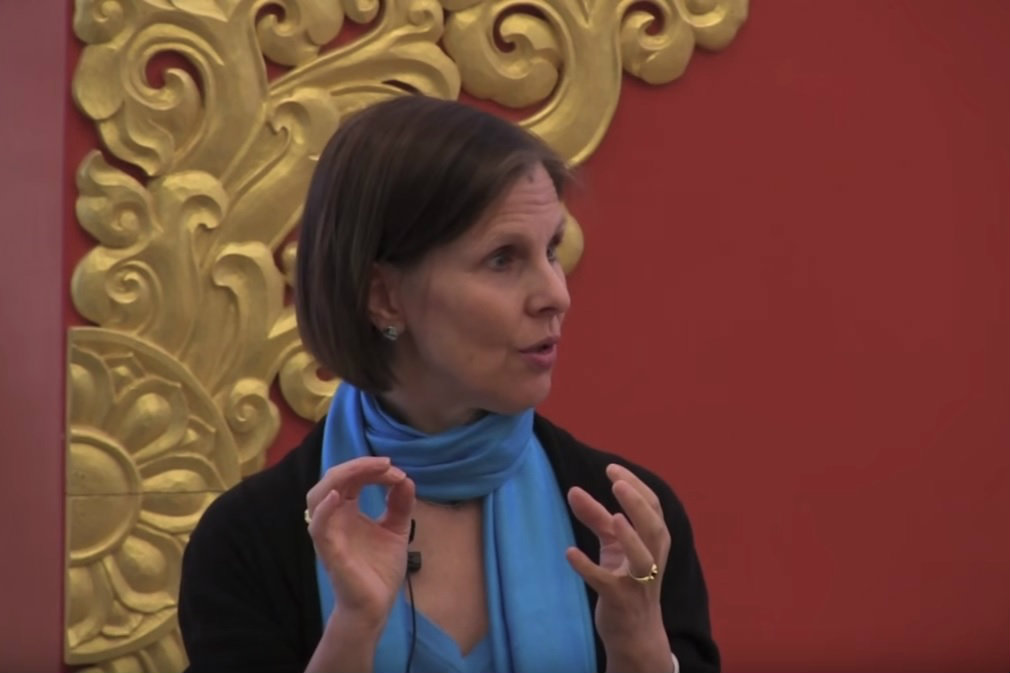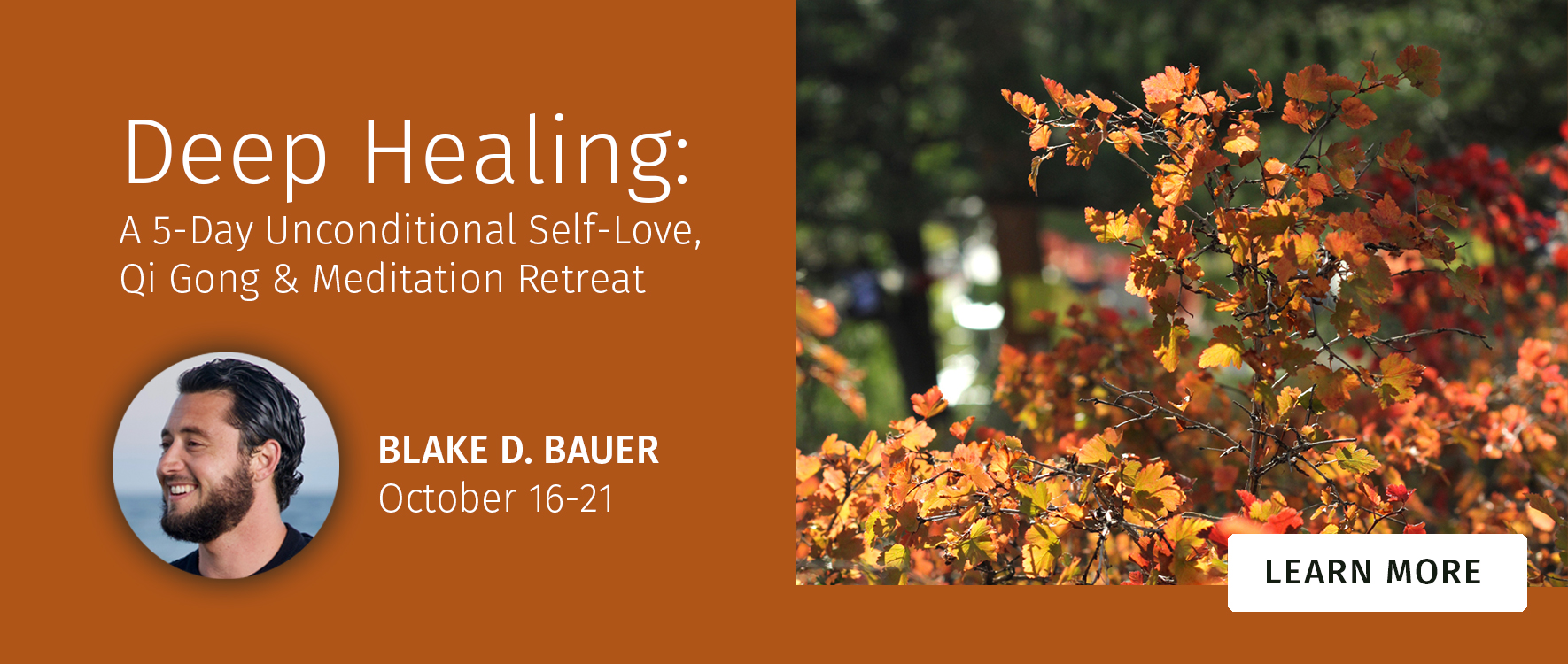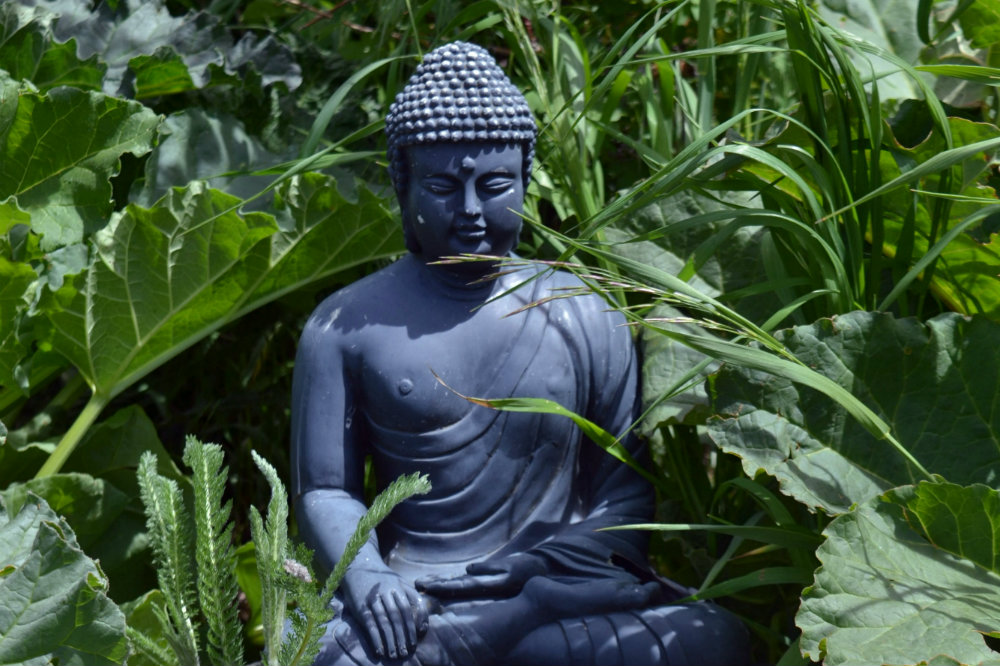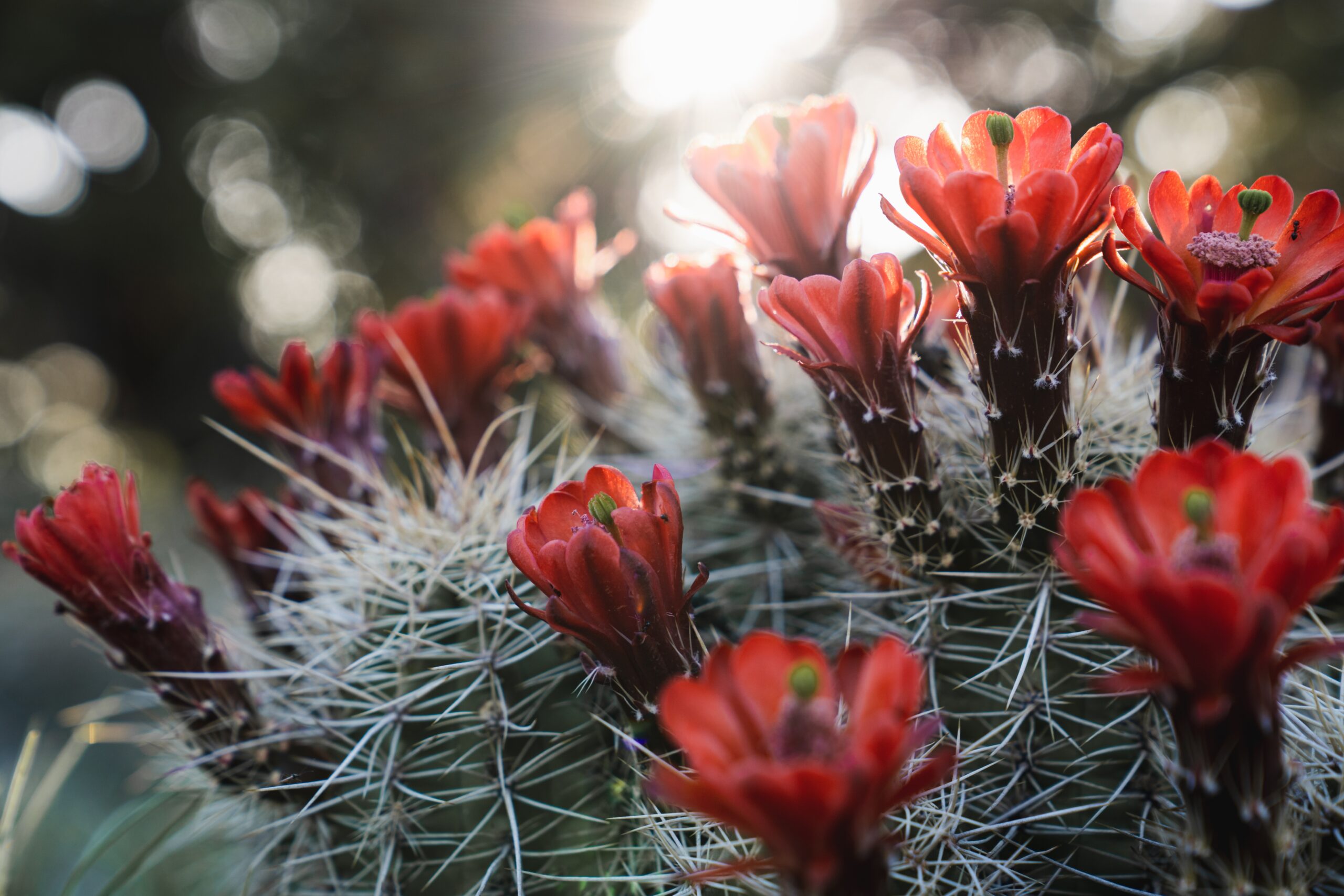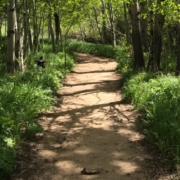Wholeness and Mindfulness
By Janet Solyntjes //
Nearly everywhere one turns these days the language of “mindfulness” is to be found. Its ubiquitous influence is flavoring American culture. Because my professional life is part of the mindfulness movement, I have sensitivity towards noticing the numerous references to mindfulness that are popping up in the media. What I personally find inspiring is not the “Zen” or “mindful” references dotting our media world. What is heartening is the clear shift that happens in an individual and culture each time a person opens to unconditional goodness, wholeness, and worthiness. Can you feel something shifting? Are you curious about the transformative power of the increased number of people practicing mindfulness in America?
Jon Kabat-Zinn, the progenitor of Mindfulness-Based Stress Reduction, speaks of the healing power of the view and practice of entering wholeness:
When we glimpse our own completeness in the stillness of any moment, when we directly experience ourself as whole in that moment and also a part of a larger whole, a new and profound coming to terms with our problems and suffering begins to take place. We begin to see both ourselves and our problems differently, namely from a perspective of wholeness.
In this time of the spreading of mindfulness, where people in all areas and walks of life, crossing economic and cultural boundaries, are gravitating towards the beauty, power, and genuineness of living life one moment at a time, the need to cultivate a view of wholeness and completeness is paramount to individual and societal transformation. This leads me to my main point: Cultivating an unshakeable view of wholeness, worthiness, and goodness in our own heart requires periods of deep reflection and meditation to uproot wrong views and nourish faith in innate wholeness. It doesn’t happen automatically in our busy lives. It requires intention.
A penetrating question that poet Antonio Machado asks his readers in The Wind, One Brilliant Day has been haunting me for years: “What have you done with the garden that was entrusted to you?” When these words and associated images arise in my mind, I feel a deep longing for retreat practice. Utilizing the gardening metaphor, Maria Rodale offers comparisons between gardens and a human life:
- You have to have a vision and Big Dreams.
- You have to have patience.
- You have to learn how to deal with things that are totally out of your control.
- It’s hard to do it alone.
- It’s good to be thankful.
- Sometimes you have to let things go.
- It’s all about love.
From November 30-December 7, Jim Colosi and I will be co-leading a 7-day Mindfulness Meditation Retreat at SMC. Our inspiration is to help teachers and aspiring teachers of MBSR and other mindfulness programs to refine the tools of “gardening” and to support the view of wholeness. Tending to one’s interior garden is the essential work of a group meditation retreat.
Support for the retreat from Saki Santorelli:
“The Mindfulness Meditation Retreat is designed to mirror and express the essential and universal approach of MBSR by fostering a rigorous retreat experience that is independent of any religious viewpoint. And because the themes, practice instructions, and outlook of the retreat are all rooted in the MBSR experience, there will be a natural continuity with our Oasis Institute MBSR teacher training curriculum and criteria. For this reason, and because of the longtime MBSR teaching experience of Jim and Janet, we at the Center for Mindfulness are happy to co-sponsor and endorse this retreat.”
We hope you join us!
About the Author
